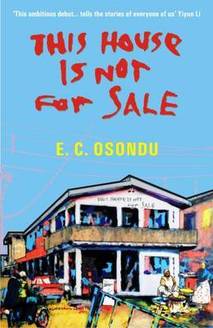############################################################
One quiet evening in Salisbury (UK), a farmer crashes his car and seriously injures the rider of a moped on the day his own wife dies. Convinced she’s going to be imprisoned for possession of drugs, a grandmother who runs a flower stall on the market trashes all her possessions. A schoolboy dares to love the girl he admires in the choir, while his own father lies dying in a hospital bed. A lonely woman, her son at boarding school and her husband in Afghanistan with the army, considers overdosing on painkillers. A young man takes a job as a security guard in an act of the start of his childhood. Each engrossed in their personal tragedies, it’s left for the reader to notice where their paths intersect.
We encounter these characters more through their private thoughts than in their actions. I liked the schoolboy best, but that might have been because he was singing Faure’s Requiem. There’s some fine phrasing in Barney Norris’s first novel (which I can’t quote, as mine is a proof copy courtesy of the publishers Doubleday) but for me the prose is burdened by the weight of self-conscious gravitas. I’ve no reason to doubt that the setting is authentically rendered, but I wasn’t persuaded the events couldn’t have happened anywhere there were churches and a garrison. I think most readers already know that life is precious and, though death is devastating, the world doesn’t stop for us. It seems a lot of words to remind us that, while we take centre stage in our own narratives, we’re only bit-part players in other people’s.























 RSS Feed
RSS Feed





















